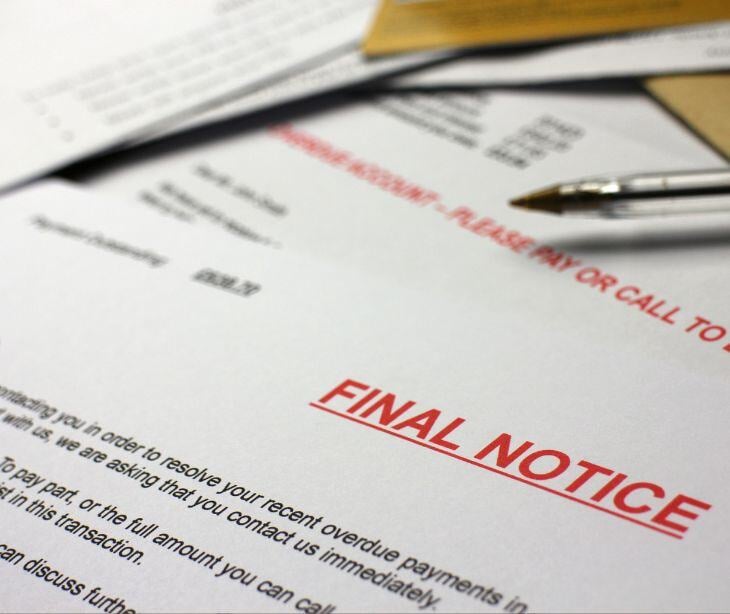2 min read
Is emailing about a colleague's medical condition a HIPAA violation?
Liyanda Tembani
Oct 18, 2024 9:50:02 AM
%20-%202024-10-18T124808.885.jpg)
Emailing about a colleague's medical condition is a HIPAA violation. Medical information about a colleague is considered protected health information (PHI) under HIPAA, and sharing such information without explicit consent or proper authorization constitutes an unauthorized disclosure. HIPAA mandates that PHI must be protected against unauthorized access and should only be shared with those with a legitimate need to know.
Understanding HIPAA and PHI
The HHS clarifies that "The Privacy Rule protects all ‘individually identifiable health information’ held or transmitted by a covered entity or its business associate, in any form or media, whether electronic, paper, or oral.” The protection extends to all forms of communication, including email. Under HIPAA, PHI must be safeguarded against unauthorized access and disclosure, which means that any information about a colleague's medical condition falls under these regulations.
Emailing about a colleague’s medical condition
Emailing about a colleague's medical condition poses several risks. Medical information about a colleague is considered PHI under HIPAA. Even if the email is intended for internal use, sharing such details without authorization can breach confidentiality.
If an email containing PHI is sent to individuals not involved in the colleague's care or do not have a legitimate need to know, it constitutes an unauthorized disclosure. For instance, discussing a colleague's health status with other employees who are not part of their care team or management team is considered a violation.
Related: What violates HIPAA in email?
Key HIPAA considerations
- Unauthorized disclosure: Sharing PHI without explicit consent is a violation of HIPAA. Even if the intention is to discuss the condition with someone who appears to need the information, HIPAA requires that such disclosures are limited to those who have a legitimate need to know.
- Employee rights: Colleagues have the right to control the dissemination of their medical information. They must be informed and consent before any details about their health are shared with others, including via email.
- Consent and authorization: Explicit consent must be obtained from the individual involved before emailing any information about a colleague's medical condition. It should be documented to ensure compliance and protect against potential legal issues.
Potential consequences of violating HIPAA
Individuals who improperly share PHI can face significant legal and professional repercussions, including fines and disciplinary action. All employees must understand the serious implications of unauthorized disclosures.
Healthcare organizations that fail to adhere to HIPAA regulations could be subjected to audits, fines, and increased scrutiny, which can impact operational efficiency and trust within the community.
Best practices for handling colleagues' medical information
- Obtaining consent: Always seek explicit consent from a colleague before sharing information about their health condition. Ensure that this consent is properly documented.
- Secure communication channels: Use HIPAA compliant email methods, such as encryption, to protect PHI during transmission. Implementing robust security measures helps prevent unauthorized access and ensures compliance with HIPAA's security requirements.
- Alternative approaches: When addressing workplace health issues, consider non-PHI-related communication methods. For example, discuss general health and safety policies in team meetings without referencing specific individuals.
FAQs
Is it acceptable to use initials or a non-identifying code in emails to discuss a colleague's medical condition?
Using initials or non-identifying codes can still be problematic if the context reveals the individual's identity. Always seek explicit consent and ensure any communication is necessary and secure.
Can I use personal email accounts to communicate PHI under HIPAA?
No, personal email accounts are not secure and do not meet HIPAA compliance standards. Always use your organization's secure, HIPAA compliant email system for any communication involving PHI.
Read more: Why personal email accounts are not HIPAA compliant
Is it necessary to encrypt internal emails containing PHI within a secure network?
Even internal emails containing PHI should be encrypted to protect them from unauthorized access, both in transit and at rest.




